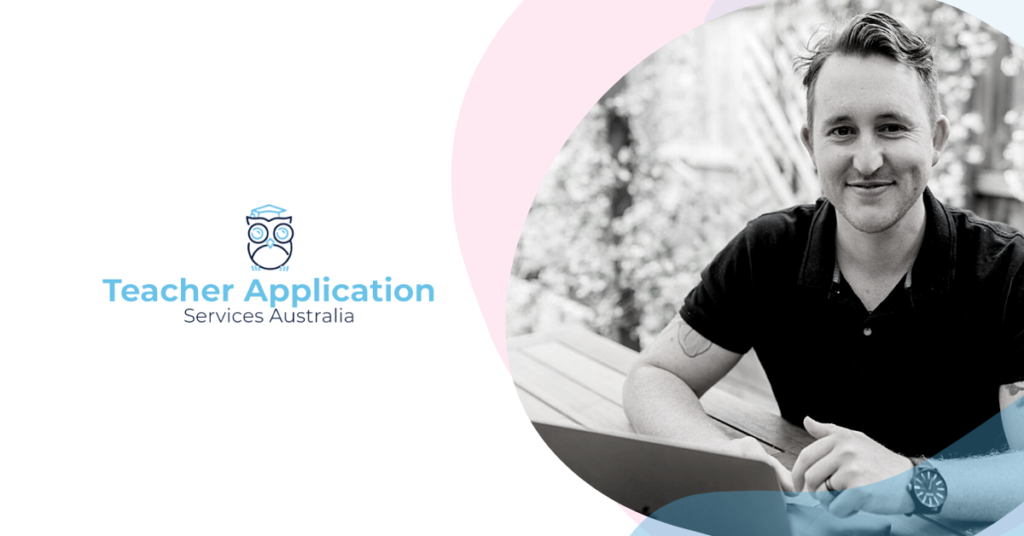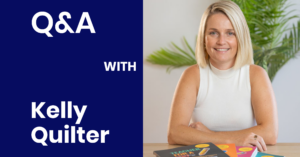Hi, my name is Matt, owner of Teacher Application Services Australia. If you’re on the hunt for a teaching job and you haven’t already checked out my previous blog on the topic, I suggest reading that first. It has some great tips on crafting your teacher resume and cover letter as well as finding the best references to help you get the job.
In this second post, I am going to share some crucial points on how to best prepare for an interview and the feedback process following the interview, which is just as important.
The Interview and Feedback Process
Preparing for the Interview
Congratulations, you’ve made it to interview! Now it’s time to strategise. When it comes to the interview, what’s the best way to prepare? Maybe you tell yourself, “It’s in 5 days, 4 days, 3 days, what am I going to do?”.
First of all, relax, take a deep breath and get to work. The first thing I’ll say is, do not start thinking about other candidates or what the panel is thinking, only concentrate on you and how you can best “throw the kitchen sink at it”, and the rest will take care of itself. For an interview there is some preparation you can do, and a strategy doesn’t hurt either.
- Be ready with examples
Depending on the length of the interview & the number of selection criteria in the job advertisement, try to prepare 9-10 specific and measurable examples (like those used in your application) that you can draw on and provide outcomes for. This preparation is important. They can be linked to classroom practice, quality teaching, differentiation, behaviour management, wellbeing, whole school leadership whatever you feel is most relevant based on your experience and the job ad. I recommend typing them out, colour coding each example and printing them off to take with you into the interview along with a copy of the school’s strategic plan.
- Ask a trusted colleague or a friend with experience in schools to test you
Provide them with a copy of the selection criteria and have them ask you 5-6 questions based on the selection criteria in a mock interview format. In most real interviews, you would be given 10-15 mins to read the questions and prepare. Try to include this in your practice and use the time to draw on the examples you have ready to go.
- Build your strategy
There are many variables here, some states differ from others in terms of the length, the format and the questions given in interviews. However, there are some ways you can structure your interview responses in person.
- Begin by restating the question
- In reference to the key terms, state your experience briefly and how you are suitable for the role
- Provide a specific and measurable example (as mentioned above) and a clear quantifiable outcome (g., As a result, this occurred….) that links to the question
- Project into the role and reference the school’s strategic plan (e.g., If I am successful, here is what I will do in this role at your school…)
In other words, try to put forward that you are the best person for the role. You don’t think, you know you are. It’s as much about your confidence and attitude as it is about what you’re speaking about, however try to remain humble. It’s a fine line!
Post-Interview
Waiting can be tough, when there is a lot of emotion involved, and you are invested in the process. Try to stay level-headed and try to be grateful for the process, regardless of the outcome, because you’ve likely learnt a lot. If you’ve given it your all, then you’re fine. It can take up to a week for you to hear back from a selection panel on whether you were successful or not due to processing times and paperwork. You will find out eventually.
The outcome
You got the job: So you just a call offering you the position and you are ecstatic! Congratulations! You’ve landed your dream job!!!
OR
You just got the call that you narrowly missed out on getting the job! While it can be disappointing, it’s important that you ask for feedback. “Thank you for the call, is there a chance I might be able to receive feedback from you at a time that suits?”. This conversation is very important, because when you receive that feedback, the best thing you can do is take it on board, adjust your application or adjust your interview approach for the next position that comes up! The process of self-reflection here is so important to continually refine your application writing and interview skills!
Teacher Application Services Australia
Please note: I am unable to assist teachers that I have a personal relationship with, are known to me or who are applying for a position at my current school or local area.



